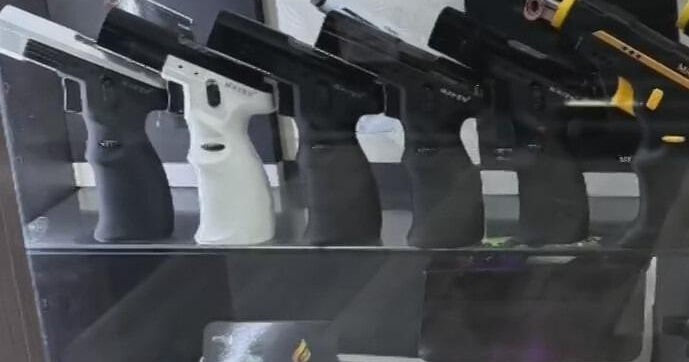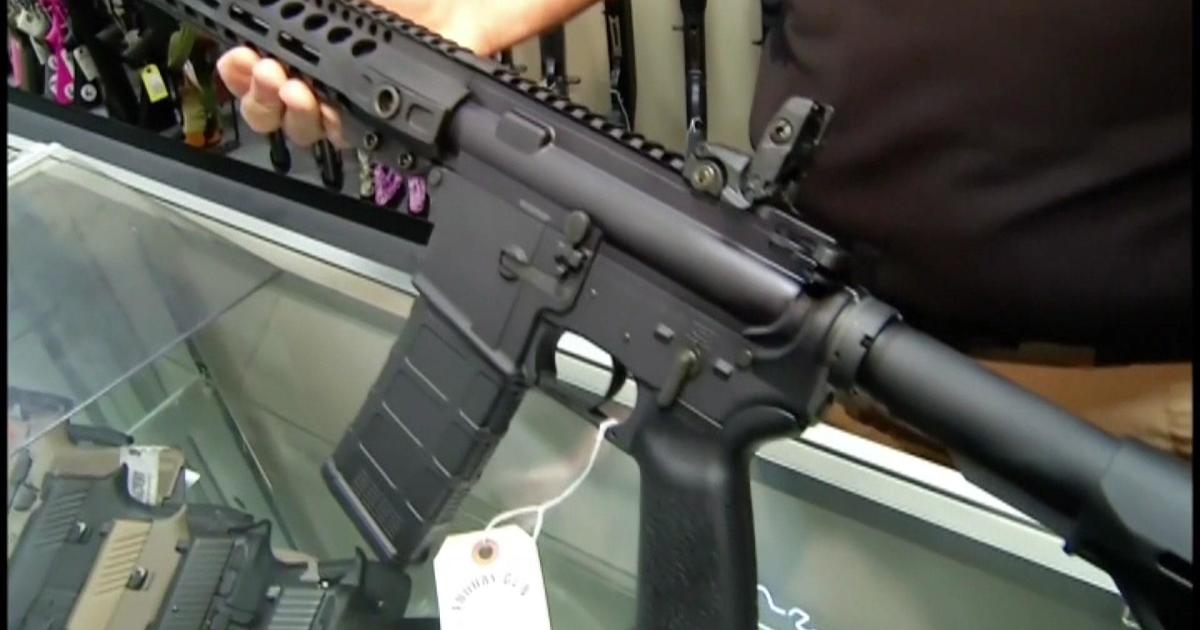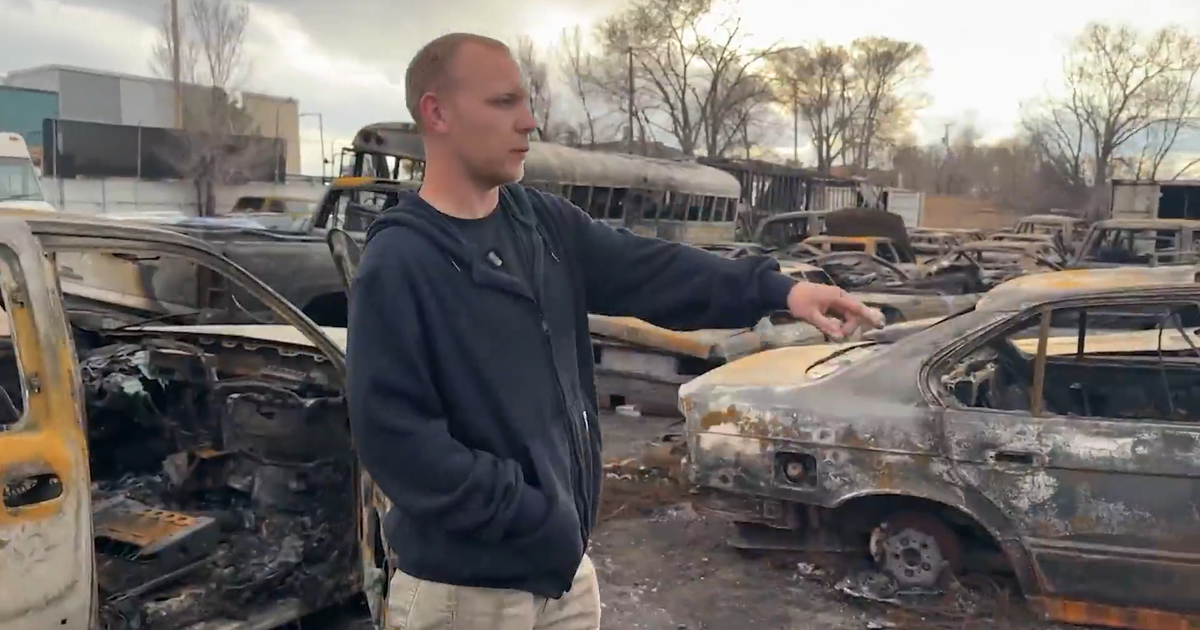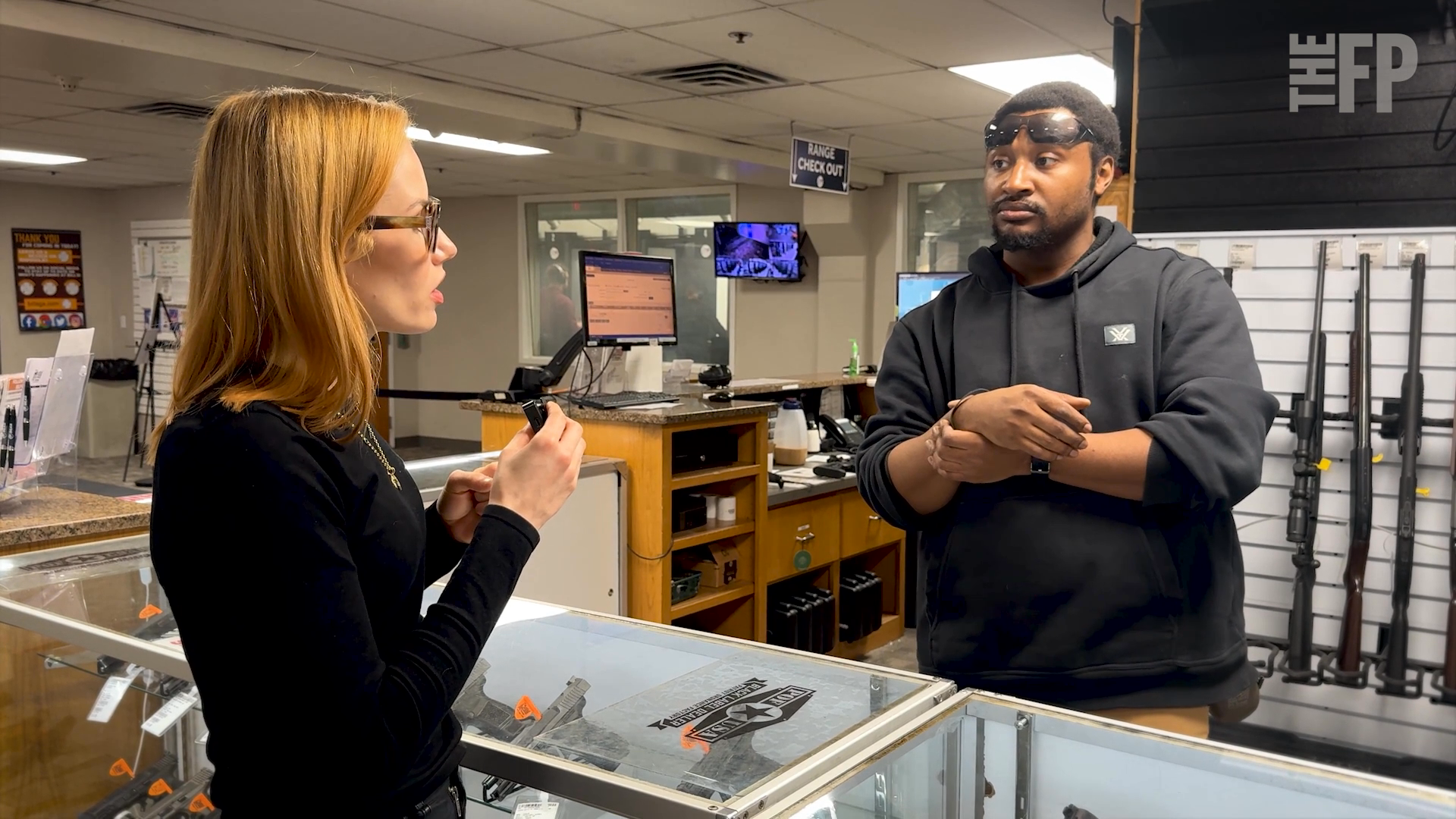Bump fire stocks: Gun buyers didn't care about them -- until now
After the Las Vegas massacre, devices known as bump stocks are now famous. They're what enabled Stephen Paddock to fire semi-automatic rifles as if they were fully automatic. But they've been such poor sellers that many gun-store owners didn't bother to stock them. Now, though, talk in Congress of regulating or even banning bump stocks has would-be buyers searching everywhere for them.
"The phone has been ringing off the hook with people wanting them," said Larry Hyatt, owner of Hyatt Gun Shop in Charlotte, North Carolina, which says it's the largest in the U.S. "They want them before they're outlawed because forbidden fruit is the best."
Bump stock sales picked up as gun owners read media reports of the potential government crackdown. And some people were selling the devices online at inflated prices in the hopes of turning a quick profit.
Las Vegas shooter Paddock outfitted 12 of his weapons with the devices, which one estimate says allowed him to fire as many as nine rounds per second. Most of his weapons were equipped with 60- to 100-round magazines. Had he not used those modified weapons, experts say the carnage he produced -- 58 dead and nearly 500 injured -- would have been considerably less.
A growing number of congressional Republicans say they're open to investigating the legality or even banning bump stocks. Even the NRA, while lamenting the call among some politicians for gun control in the wake of the worst mass shooting in U.S., now says the devices "should be subject to additional regulations."
Two Texas companies -- Bump Fire Systems and Slide Fire Solutions -- make bump stocks. When questions first emerged about their legality in 2010, the Bureau of Alcohol Tobacco and Firearms informed Slide Fire that the product was considered a "gun part" and not regulated as a firearm under federal law, the New York Times reported.
A 2015 patent issued to inventor Bryant A. Marcotte of Washington, Louisiana, noted that bump stocks can increase the efficiency of a firearm by reducing the time between pulling a trigger and reloading of a bullet. The shooter is able to maintain accuracy even though far more bullets than normal are being fired, according to the patent. Efforts to reach Marcotte were unsuccessful.
According to gun-store owners, consumers were intrigued by bump stocks at first because -- costing between $5,000 and $30,000 -- a fully automatic rifle is beyond the budget of most gun owners. Plus, doing so requires a buyer to go through an application process that can take months, according to Pennsylvania gun dealer Chris Pinghero.
"For the most part, civilian sales of fully automatic weapons ended in 1986," said Pinghero, owner of Kresgeville, Pennsylvania-based Armory, adding that about 150,000 are legally available to buy. "Compared to millions of gun owners, that's not a big number. Every year, a fully automatic weapon goes up in value."
Over time, however, sales of bump stocks faded as the novelty wore off when consumers found that they were difficult to use. Gun ranges also banned them because shooters had difficulty aiming their weapons accurately. Alabama gun dealer Grant Crowden likened the devices to a Corvette because they're cool but not very practical.
"The reason why we had so many on hand when the Vegas shooting happened is because they weren't selling," said Crowden, owner of Bama Pawn & Gun in Decatur, Alabama, who isn't sure if he's going to reorder his bump stock supplies.
The website of Bump Fire appears to be offline, while Slide Fire said it has "temporarily" quit taking orders.



